Why MPs need an ‘internship’ in Alternative Provision

Charlotte Barton of Progress Schools – an alternative education provider with 13 secondary schools across England – discusses the need for a greater understanding of alternative provision. Despite steps in the right direction by MPs, she explains there’s still significant work needed to support the future of thousands of young people.
Thousands of school pupils each year find themselves outside of the mainstream system. Yet there remains a lack of understanding among MPs and senior officials about the challenges faced by these students and the role alternative education schools play in their future.
We are seeing growing numbers of pupils entering alternative provision (AP). Official statistics show a 13 per cent surge during the 2022/23 academic year, with more than 13,000 pupils registered in state-funded alternative provision schools alone.
Despite the recent push towards the Department for Education’s SEND and alternative provision improvement plan, AP continues to be a part of the education landscape that is significantly misunderstood and not high on the national agenda.
Supporting vulnerable young people
In many cases, pupils enter alternative education after being permanently excluded from school due to their behaviour, while others may not attend mainstream school because of their mental health or the impact of trauma.
Appropriate support for those who are not thriving in the mainstream masses is crucial. Vulnerable young people need a place where they can feel safe, and secure and have the opportunity to learn. Class sizes are therefore much smaller in alternative provision, to support the complex needs of pupils – both academically and emotionally.
By helping young people to take positive steps during their school years, we can also provide a realistic route to further training or education pathways when they reach year 11 – ultimately, helping reduce the number that fall into the NEET category (Not in Employment, Education or Training).
It is a challenging environment to work in though. We are operating within a system primarily shaped for mainstream education and it’s a part of the sector that’s rarely seen by policymakers.
Changing perceptions of MP ‘interns’
As a registered independent alternative education provider, Progress Schools recently completed an initiative that’s provided real-life insight into what it’s like to attend and work at an alternative provision school. Our In My Shoes campaign was endorsed by the Centre for Social Justice and gave MPs, Peers, Government Ministers, and Civil Servants the opportunity to get first-hand experience of education outside of a mainstream school – to see the challenges faced by the sector and the opportunity for development.
MPs pledged more than 30 hours at Progress Schools across England, including Stockport, Carlisle, Birkenhead and Wigan. Politicians from across the political parties stepped up to the challenge and took on an ‘internship’ at their local Progress School for a day – to walk in the shoes of a young person attending one of our schools. Those who took part included Tom Pursglove MP, Navendu Mishra MP, John Stevens MP and James Grundy MP, with further support for the campaign from many others including Ashley Dalton MP, Andy Carter MP, Jacob Young MP and Lord Mike Storey.
It was an important exercise, which underlined the need for the Government to rethink and reset the perceptions, expectations and support for alternative provisions.
Putting alternative provision in the bigger picture
Beyond the classrooms, we’re also taking the discussion directly to Westminster, including a session hosted with Andy Carter MP, who launched and chairs the School Exclusions and Alternative Provision All-Party Parliamentary Group.
One of the standout points I noted from the session relates to the impact alternative provision can have on wider society. Former Education and Schools Minister Jonathan Gullis MP talked about prevention, rather than cure, where investment in education can also support the health and criminal justice systems, as well as helping to tackle the skills crisis.
This sentiment is reflected in the forecasted economic cost of youth unemployment, alongside ONS data suggesting 72% of young people with a custodial sentence had received a fixed term exclusion when at school.
Alternative education isn’t just about preparing pupils for exams. It’s about building confidence, increasing motivation and aspirations, and helping them see the positive things they can achieve.
Despite steps in the right direction by MPs, there is still significant work needed to improve the understanding of alternative provision – and support the future of thousands of young people.
By Charlotte Barton, Managing Director of Progress Schools


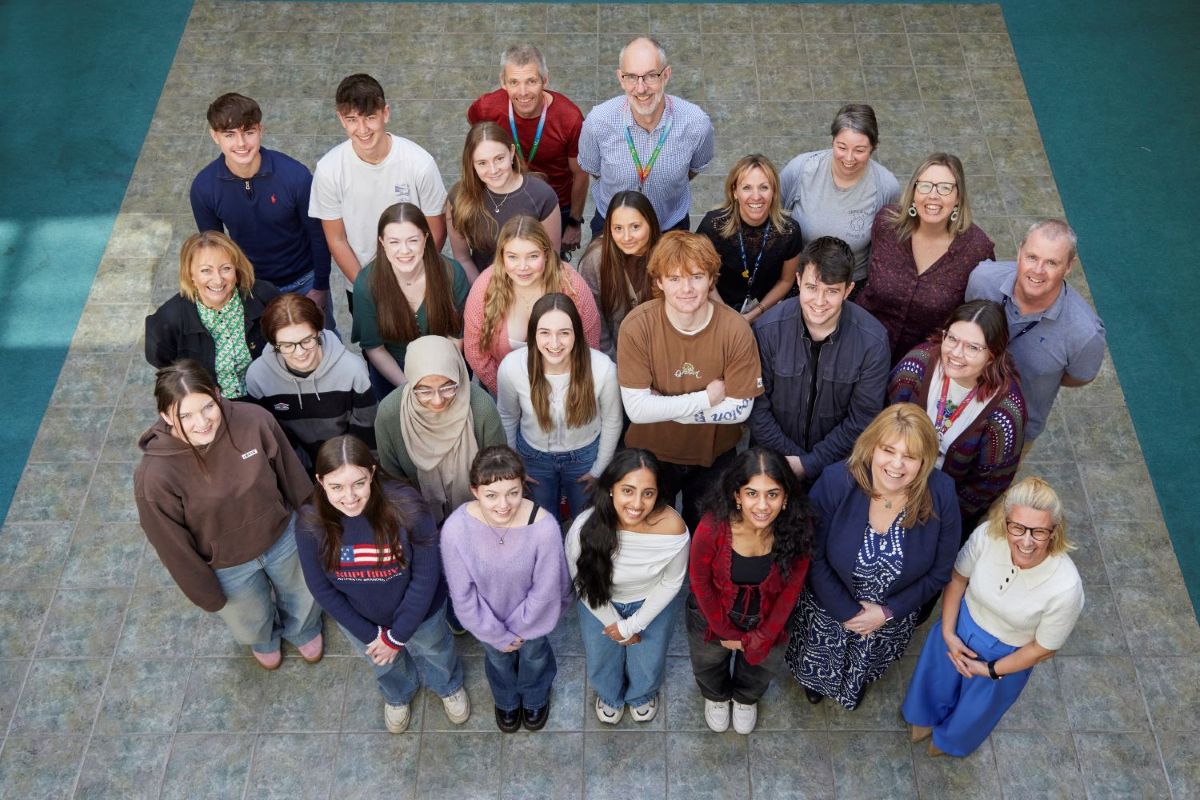


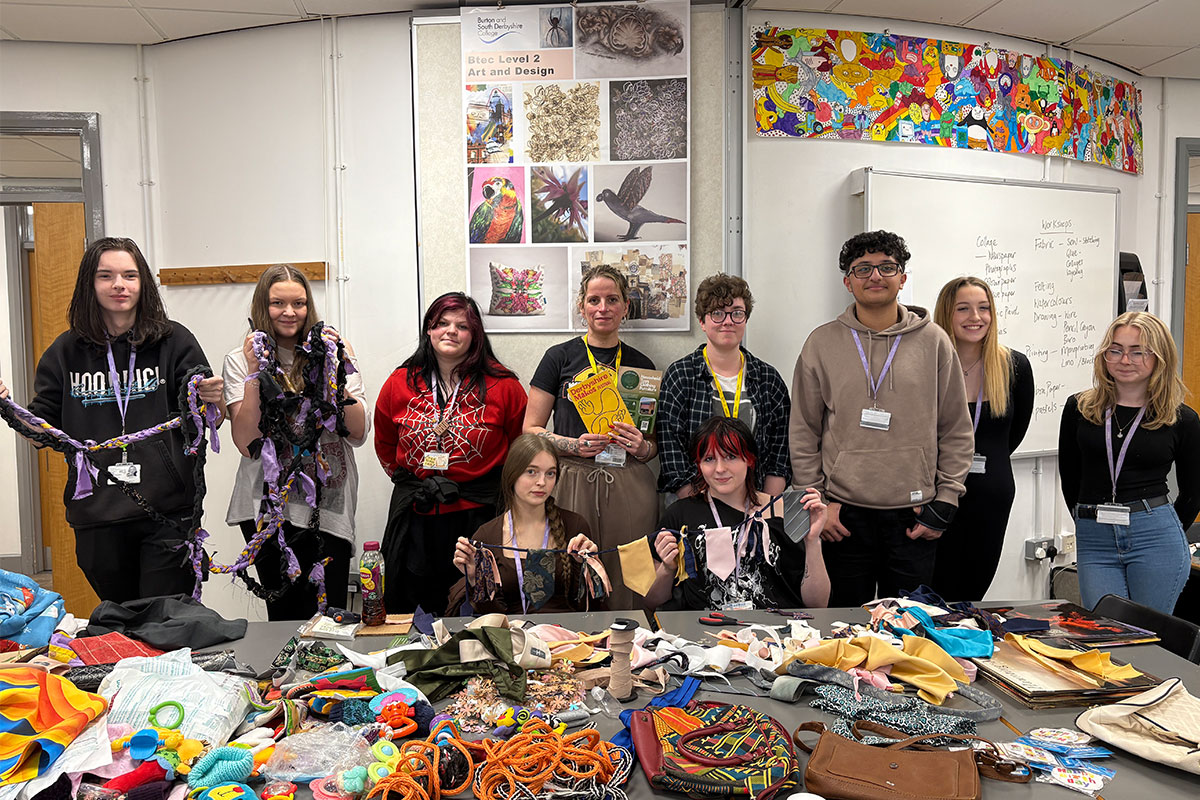
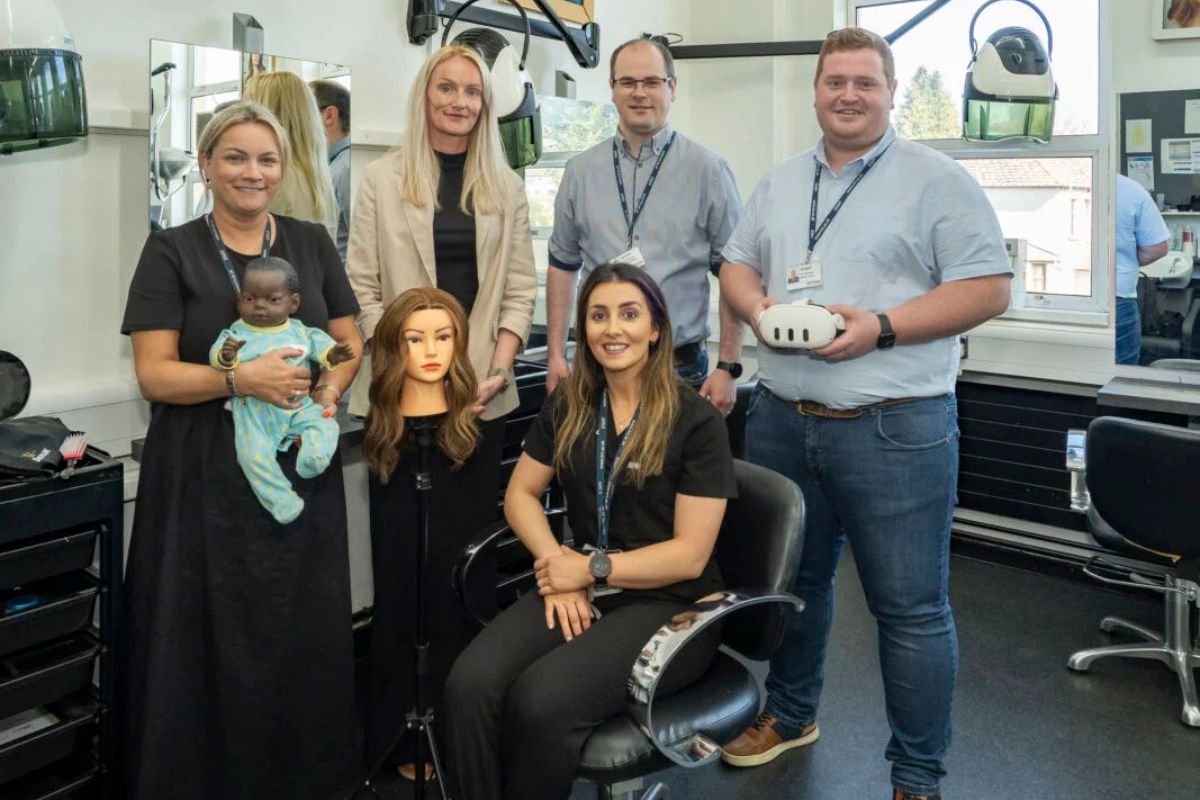
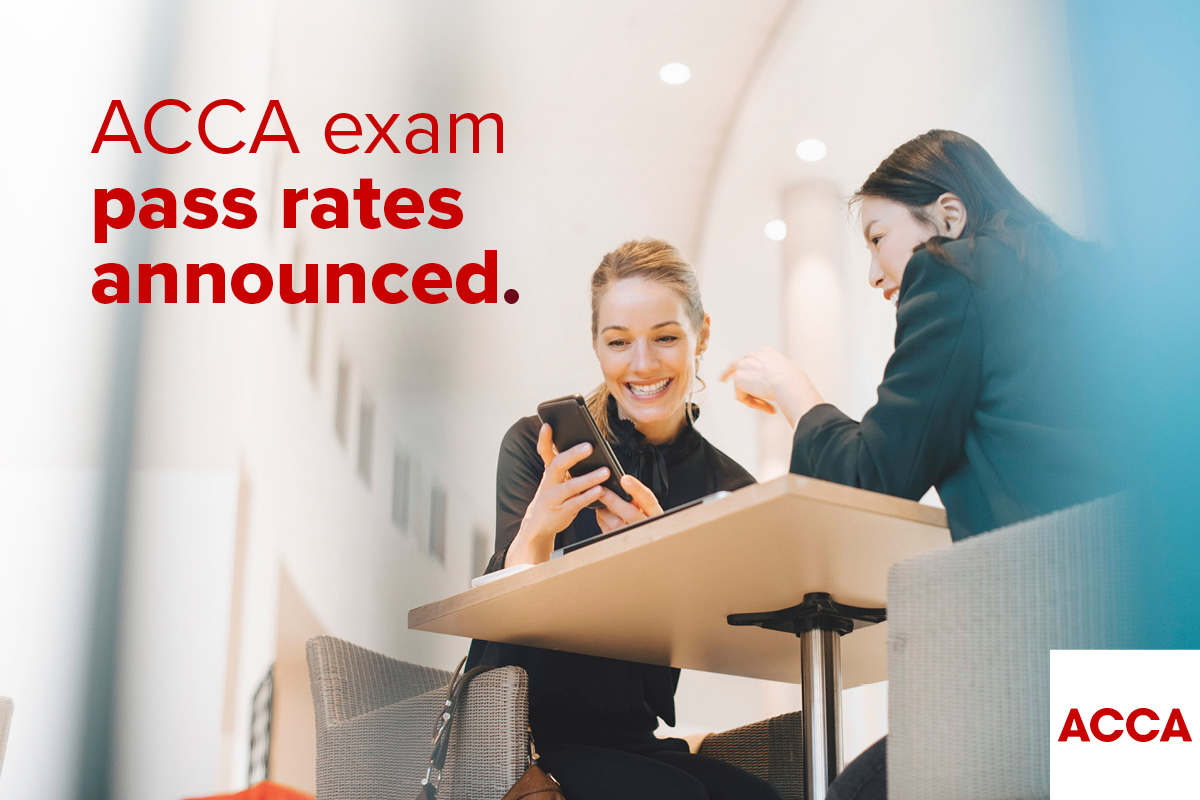
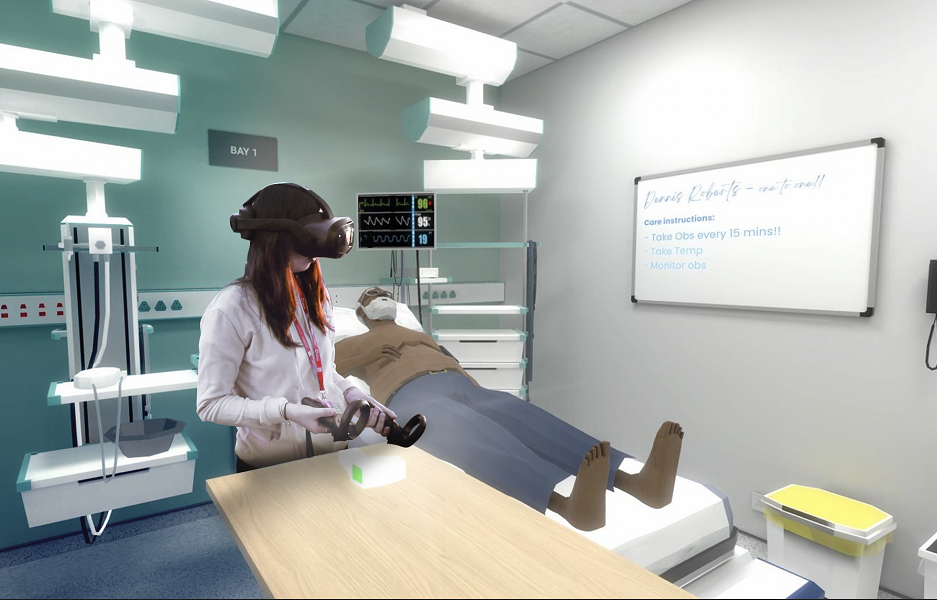


Responses